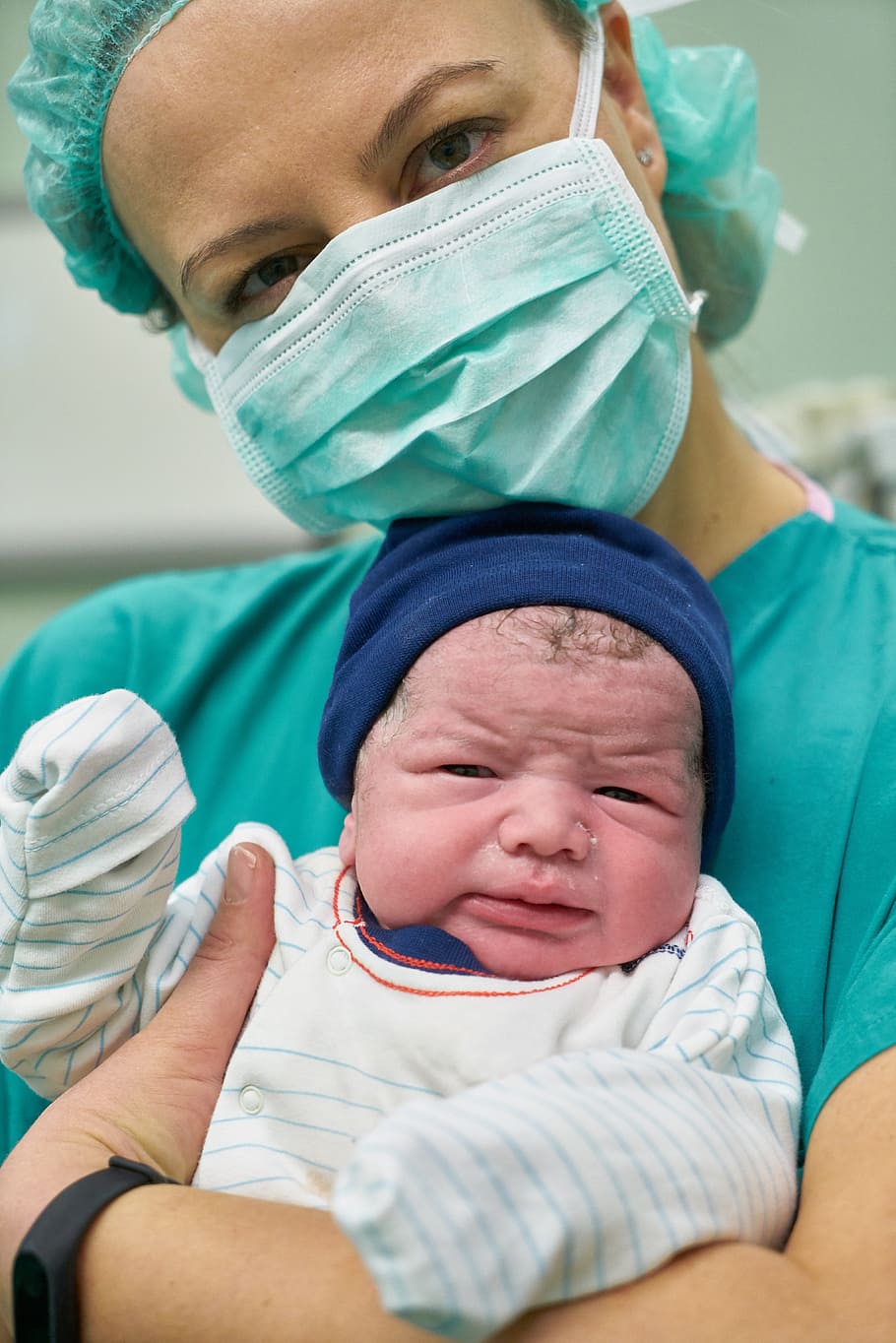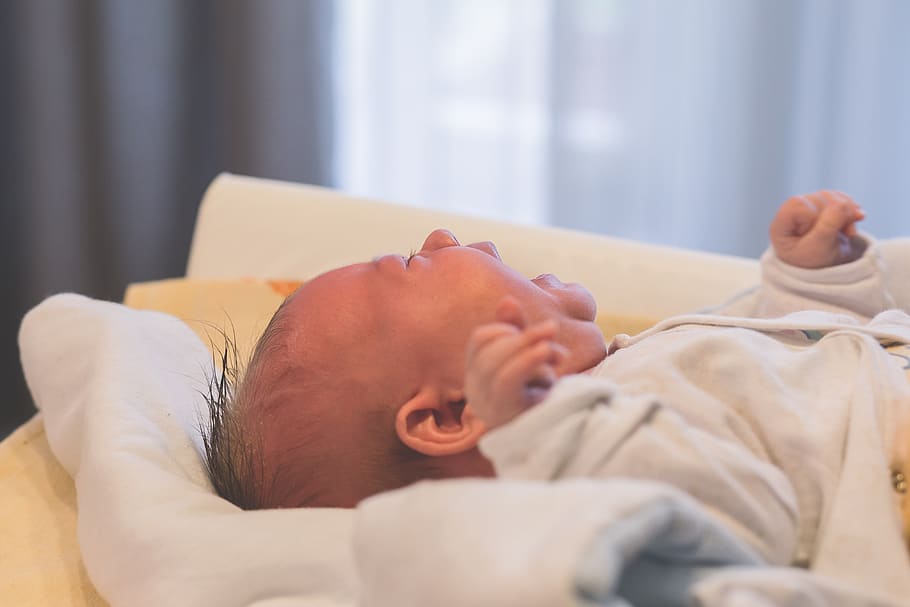
Understanding Rubella: A Guide to Baby Disorders and Illnesses
Understanding Rubella: A Guide to Baby Disorders and Illnesses
As parents, one of our greatest concerns is the health and well-being of our little ones. In this guide, we will shed light on a specific baby disorder called Rubella, also known as German measles. By gaining a deeper understanding of this illness, we can take proactive measures to protect our babies and ensure their optimal health. Join us as we explore the world of Rubella and provide you with valuable insights and guidance.
What is Rubella?
Rubella is a viral infection caused by the Rubella virus. It is highly contagious and primarily affects infants and young children. The virus spreads through airborne droplets when an infected person coughs or sneezes, making it easily transmissible in crowded areas or among groups of children. Rubella can also be transmitted from an infected mother to her unborn baby, leading to serious complications.
Common Symptoms
Rubella often presents mild symptoms that may go unnoticed or be mistaken for other illnesses. Common signs of Rubella include a low-grade fever, rash, sore throat, swollen lymph nodes, and a mild headache. The distinctive rash typically starts on the face and then spreads to the rest of the body. It is important to note that some individuals infected with Rubella may not exhibit any symptoms at all, making it even more crucial to be aware of potential exposure and take preventive measures.
Complications and Risks
While Rubella may be a mild illness for most children, it can have severe consequences for pregnant women and their unborn babies. If a pregnant woman contracts Rubella, especially during the first trimester, it can lead to Congenital Rubella Syndrome (CRS) in the baby. CRS can result in a range of serious birth defects, including deafness, heart abnormalities, vision impairments, intellectual disabilities, and developmental delays.
Prevention through Vaccination

Vaccination is the most effective way to prevent Rubella and its complications. The Rubella vaccine is often administered as part of the MMR (Measles, Mumps, and Rubella) vaccine given to children around 12-15 months of age. A second dose is usually given between the ages of 4 and 6 years. It is essential for parents to ensure their children receive these vaccinations according to the recommended schedule to protect them and contribute to overall community immunity.
Prenatal Care and Rubella Screening
For pregnant women, seeking prenatal care is vital to monitor their health and the well-being of their babies. Rubella screening is a routine part of prenatal care to determine a woman’s Rubella immunity status. If a pregnant woman is not immune to Rubella, she should avoid close contact with infected individuals and consider getting vaccinated after giving birth to protect herself from future exposures.
Precautions and Hygiene Practices
To minimize the risk of Rubella infection, it is important to adopt certain precautions and hygiene practices. Encourage regular handwashing, especially before meals and after being in public places. Teach children to cover their mouths and noses when coughing or sneezing and avoid close contact with individuals who are sick or showing symptoms of a contagious illness.
Conclusion
By familiarizing ourselves with the basics of Rubella and the importance of prevention, we can safeguard our babies from this potentially harmful illness. Vaccination, prenatal care, and practicing good hygiene are key components in protecting our children and preventing the spread of Rubella. Stay informed, follow the recommended vaccination schedules, and consult healthcare professionals for guidance on any concerns or questions you may have. Let’s prioritize our baby’s health and well-being by understanding and taking proactive measures against Rubella.
Remember to bookmark our blog for more informative articles on baby disorders and illnesses.
You May Also Like

How to Choose Baby Clothes on a Budget
2022-10-21
What to Do When Your Kid Is Not Interested in Studies and Also Behaves Badly?
2022-05-19

